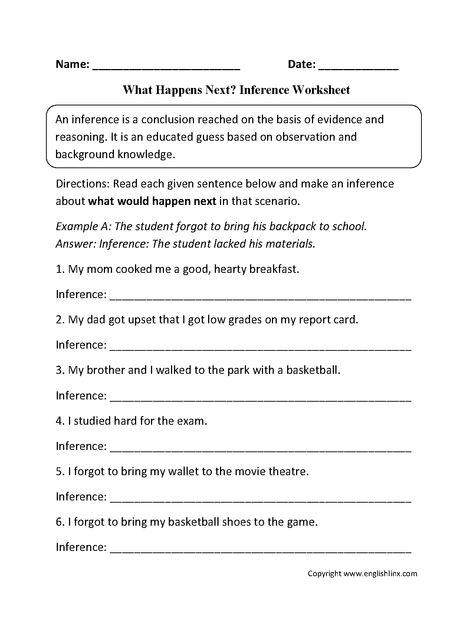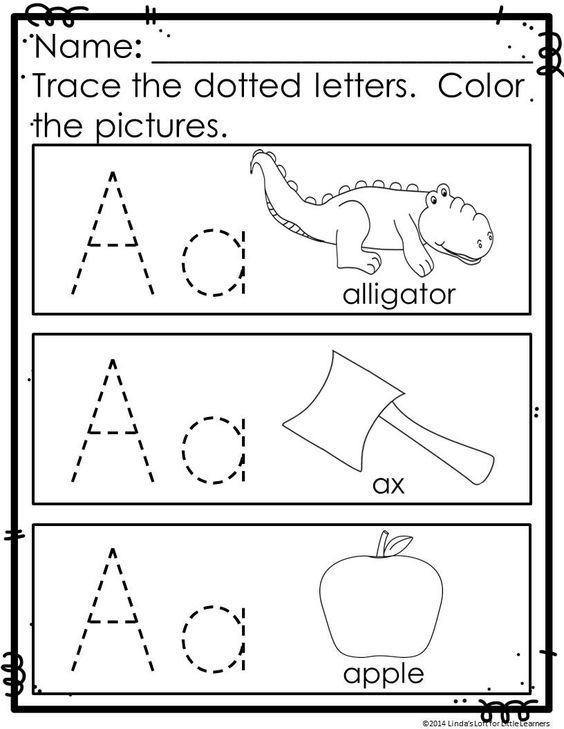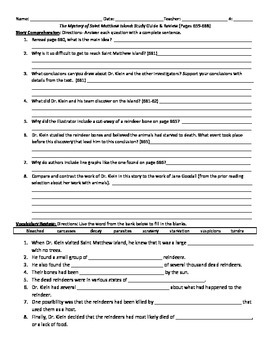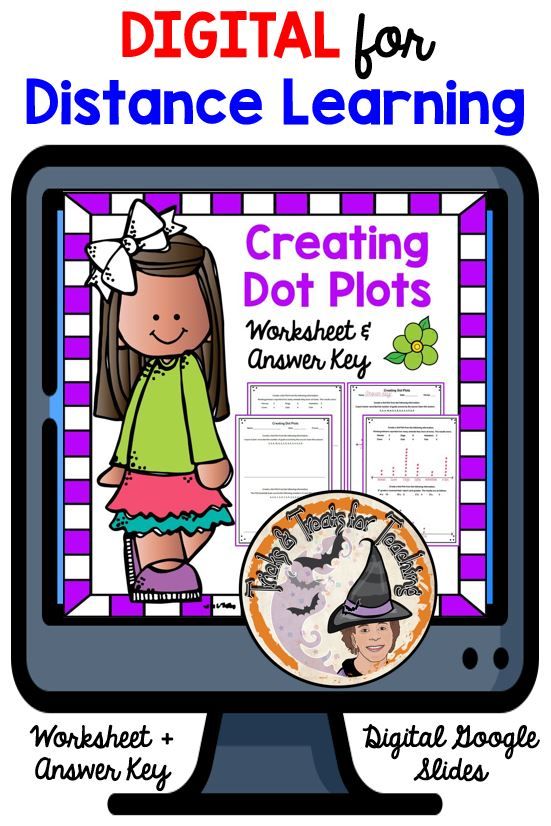Mastering Helping Verbs with Printable Worksheets
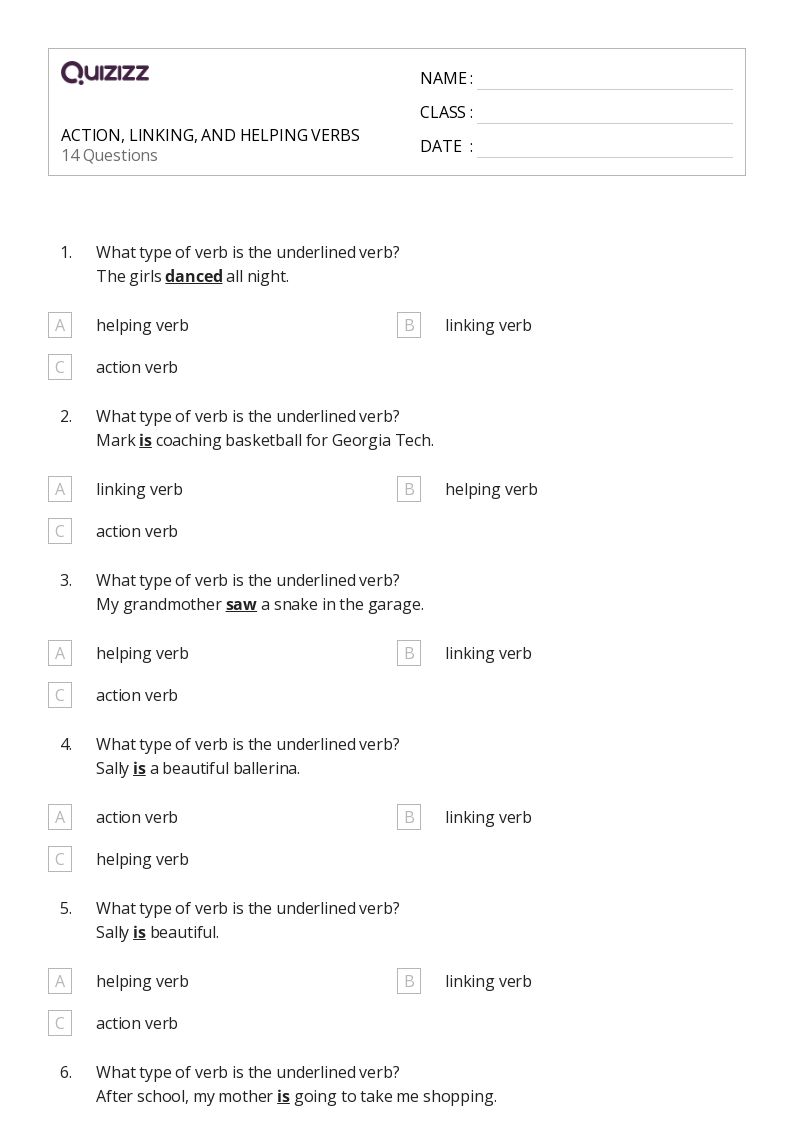
Understanding Helping Verbs: The Unsung Heroes of Sentence Structure
Helping verbs, also known as auxiliary verbs, are a crucial component of sentence structure in the English language. They work in conjunction with main verbs to convey various aspects of meaning, such as tense, mood, and voice. In this article, we will explore the world of helping verbs, their functions, and provide you with printable worksheets to help you master them.
What are Helping Verbs?
Helping verbs are verbs that are used to help form the tense, mood, or voice of another verb. They are typically used in combination with a main verb to convey a specific meaning. There are two primary types of helping verbs: primary helping verbs and modal helping verbs.
Primary Helping Verbs:
- Be (am, is, are, was, were, been)
- Have (has, have, had)
- Do (does, did)
Modal Helping Verbs:
- Can
- Could
- May
- Might
- Shall
- Should
- Will
- Would
Functions of Helping Verbs
Helping verbs serve several purposes in sentence structure:
- Tense: Helping verbs help to form the present, past, and future tenses of a sentence.
- Mood: Helping verbs can be used to convey the mood of a sentence, such as the conditional or subjunctive mood.
- Voice: Helping verbs can be used to form the passive voice of a sentence.
- Aspect: Helping verbs can be used to convey the aspect of a sentence, such as the progressive or perfective aspect.
Examples of Helping Verbs in Sentences
Here are some examples of helping verbs in sentences:
- I am studying for my exam. (The helping verb “am” is used to form the present tense.)
- She has eaten breakfast. (The helping verb “has” is used to form the present perfect tense.)
- They will attend the meeting. (The helping verb “will” is used to form the future tense.)
- He might be able to help us. (The helping verb “might” is used to convey the possibility of an action.)
Printable Worksheets to Master Helping Verbs
To help you master helping verbs, we have created several printable worksheets that you can use to practice your skills.
Worksheet 1: Identifying Helping Verbs
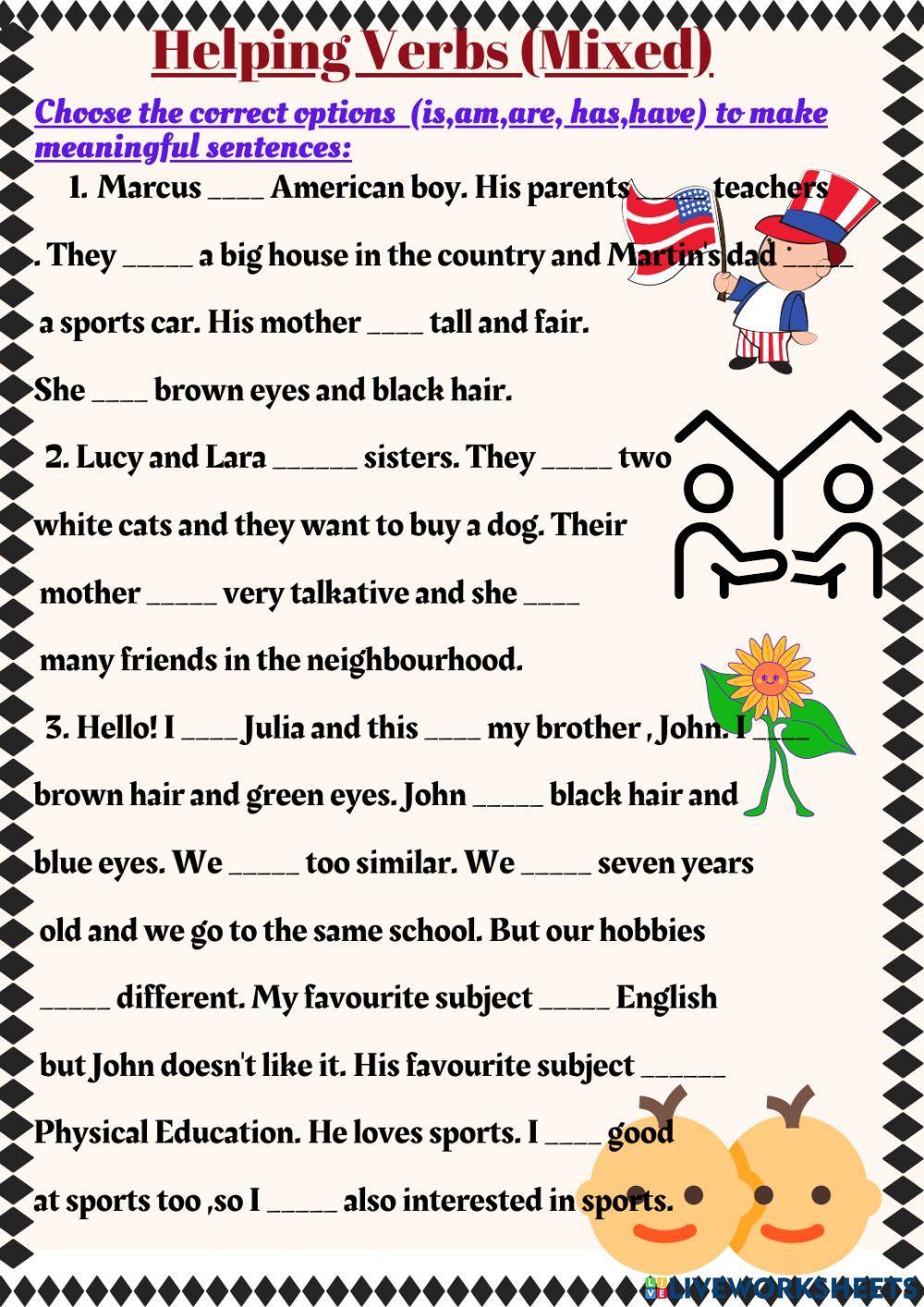
| Sentence | Helping Verb |
|---|---|
| I am studying for my exam. | _____________ |
| She has eaten breakfast. | _____________ |
| They will attend the meeting. | _____________ |
Worksheet 2: Forming Sentences with Helping Verbs
- Use the helping verb “will” to form the future tense of the following sentences:
- I ____________________ (to attend) the party tonight.
- She ____________________ (to eat) dinner at 7pm.
- Use the helping verb “has” to form the present perfect tense of the following sentences:
- I ____________________ (to study) for three hours.
- They ____________________ (to travel) to many countries.
Worksheet 3: Identifying the Function of Helping Verbs
- Identify the function of the helping verb in the following sentences:
- I am studying for my exam. (Tense, Mood, Voice, or Aspect)
- She has eaten breakfast. (Tense, Mood, Voice, or Aspect)
- They will attend the meeting. (Tense, Mood, Voice, or Aspect)
🤔 Note: Make sure to check your answers with a teacher or tutor to ensure you are using the helping verbs correctly.
By mastering helping verbs, you will be able to construct more complex and nuanced sentences that convey a wide range of meanings. With practice and dedication, you will become proficient in using helping verbs to enhance your writing and speaking skills.
To access more printable worksheets and exercises, visit our website or social media channels.
What is the difference between a helping verb and a main verb?
+A helping verb is used to help form the tense, mood, or voice of a sentence, while a main verb is the primary action or state of being described in the sentence.
Can I use multiple helping verbs in a sentence?
+Yes, it is possible to use multiple helping verbs in a sentence, but it is generally recommended to use only one helping verb per sentence to avoid confusion.
How can I practice using helping verbs in my writing?
+You can practice using helping verbs by writing short paragraphs or sentences that incorporate different tenses, moods, and voices. You can also use online resources or worksheets to practice identifying and using helping verbs.
In conclusion, mastering helping verbs is an essential part of improving your writing and speaking skills in English. By understanding the functions and uses of helping verbs, you will be able to convey complex meanings and ideas with greater precision and accuracy.
Related Terms:
- Helping verbs Worksheet with answers
